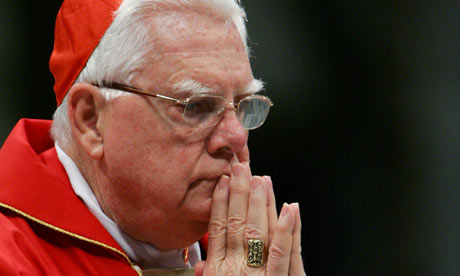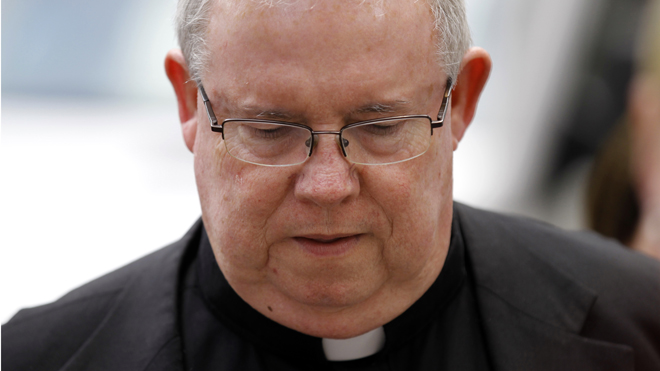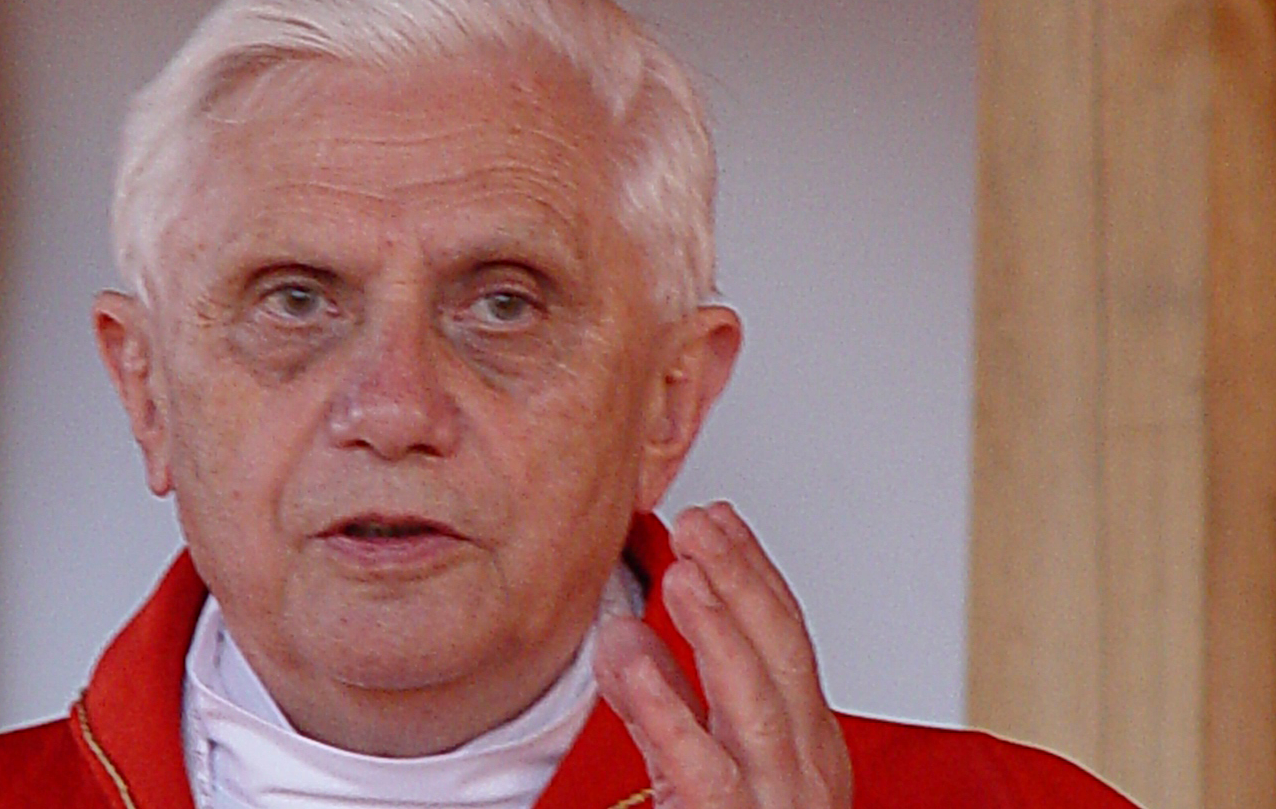There are cultural moments when I switch into impartial observer, not the usual crazy-eyed denizen, of the blogosphere left. Say, perhaps, when the Commentariat explodes with excitement curiosity regarding whether a Pope might imminently be thrown in jail.
The Prosecute-the-Pope’ers don’t lack for intellectual firepower. The late Christopher Hitchens was probably their most famous spokesperson. And his essays on the topic are among the most interesting and eyebrow-raising one can read (which is saying, you know, a lot).
I’ll do anyway what Hitchens does better and offer the lowdown: today, the global scandal has now ensnared thousands of priests and cost the Church $2 billion. Three thousand lawsuits have been formally filed on behalf of victims or their family. And the number of Vatican officials who have stepped down, resigned, or found themselves excommunicated is still, breathtakingly, zero.
There are two important distinctions to the scandal that everyone should remember. Only one part—the most visible part—of the scandal pertains to the widespread conduct of child abuse, largely committed by thousands of priests. The other, and quite possibly the more sinister, is the institutional coverup by those appointed within the Church to handle the scandal. Ratzinger was one of the highest ranking in this elite cabal.
Here’s Hitchens on how Ratzinger enters the picture:
Very much more serious is the role of Joseph Ratzinger, before the church decided to make him supreme leader, in obstructing justice on a global scale. After his promotion to cardinal, he was put in charge of the so-called “Congregation for the Doctrine of the Faith” (formerly known as the Inquisition). In 2001, Pope John Paul II placed this department in charge of the investigation of child rape and torture by Catholic priests. In May of that year, Ratzinger issued a confidential letter to every bishop. In it, he reminded them of the extreme gravity of a certain crime. But that crime was the reporting of the rape and torture.
The accusations, intoned Ratzinger, were only treatable within the church’s own exclusive jurisdiction. Any sharing of the evidence with legal authorities or the press was utterly forbidden. Charges were to be investigated “in the most secretive way … restrained by a perpetual silence … and everyone … is to observe the strictest secret which is commonly regarded as a secret of the Holy Office … under the penalty of excommunication.” Nobody has yet been excommunicated for the rape and torture of children, but exposing the offense could get you into serious trouble. And this is the church that warns us against moral relativism!

Then there’s the infamous case of Bernard Law, Cardinal and Archbishop of Boston. In 2001, the Massachusetts Attorney General indicated that sexual abuse within the Church was widespread and was the subject of an institutional cover up. What happened next is a telling example of where our cultural conversation is headed in regards to the global scandal.
Law went roughly a year without repercussion—dodging, demurring, and withholding documents and information. Finally, after considerable public pressure (led by the AG, Thomas Reilly), he “resigned” in order to avoid giving grand jury testimony and moved to Rome—outside the jurisdiction of American, or any, prosecutorial power. Hitchens reintroduces Ratzinger:
In December of that year [Law] left Boston just hours before state troopers arrived with a subpoena seeking his grand-jury testimony. Where did he go? To Rome, where he later voted in the election of Pope Benedict XVI and now presides over the beautiful church of Santa Maria Maggiore, as well as several Vatican subcommittees.
In my submission, the current scandal passed the point of no return when the Vatican officially became a hideout for a man who was little better than a fugitive from justice. By sheltering such a salient offender at its very heart, the Vatican had invited the metastasis of the horror into its bosom and thence to its very head. It is obvious that Cardinal Law could not have made his escape or been given asylum without the approval of the then pontiff and of his most trusted deputy in the matter of child-rape damage control, then cardinal Joseph Ratzinger.
Many priests have resigned or been convicted, but even years after the case of Cardinal Law, Bishops, Cardinals and other Church leadership remained unscathed by the long arm of the law. But the ‘Law Precedent’ was broken last year in Philadelphia, when clergy secretary Msgr. William Lynn became the “first high-ranking church official convicted for failing to protect children from the possibility of abuse.”

What does this have to do with the Pope? In 2010, Hitchens led a miniature and short-lived campaign to arrest the Pope for crimes against humanity. Later that year, the first lawsuit was formally filed against Ratzinger in Milwaukee Federal Court.
Ratzinger has remained immune from these efforts for being a viable head of state—the same reason Hithcens’ efforts to arrest Ratzinger failed. It goes without saying that a contingent of the global left would like to see some questions answered, and the case of Msgr. Lynn would indicate that prosecutors have shed their compunction for putting Church leadership in prison. And there’s already a lawsuit pending on the books against Ratzinger. So, I’ll leave it to one of my favorite bloggers, Andrew Sullivan, to deliver the rub:
To put it more bluntly: now that he is no longer protected from legal accountability as a head of state, can lawsuits proceed?
Have at it, readers.
